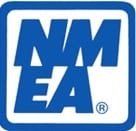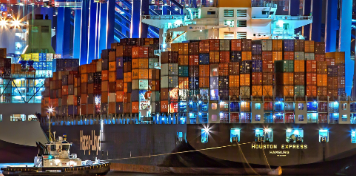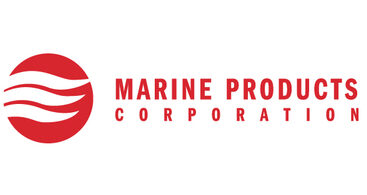NMEA releases latest protocol, OneNet Standard

The National Marine Electronics Association (NMEA) has released its latest protocol, the NMEA OneNet Standard, Version 1.000. This is an open industry standard based on Internet Protocol Version 6 (IPv6) and the IEEE 802.3 Ethernet Local Area Network. The standard brings together years of committee efforts and is designed for standardized IP networking of marine electronic devices on and off the vessel.
OneNet provides a common network infrastructure for marine electronic devices and/or services on IPv6. All OneNet application protocols, such as NMEA 2000 PGN messages, are designed to use a standard IPv6 network protocol stack. The NMEA OneNet Committee utilized many existing standards, including RFCs (Requests for Comments) published by the Internet Engineering Task Force (IETF). This will significantly reduce implementation cost and ensure compatibility with existing TCP/IP networks around the world.
The primary features and goals of OneNet are as follows:
• NMEA 2000 data transfer over IPv6 in a standard format
• High-bandwidth applications such as radar, video and more that are not possible via NMEA 2000
• Support Ethernet and TCP/IP at 1 gigabit and faster speeds
• Utilize standardized connectors (RJ-45 and X Coded M12) depending on installation
• Robust, industry-standard cybersecurity requirements
• NMEA 2000 gateway compatibility
• Mandatory device & application certification by the manufacturer, then verified by NMEA.
The certification process for OneNet will be similar to the certification process for NMEA 2000; however a new certification tool will be used. The OneNet certification tool is planned for completion by the end of 2021. Until the certification tool is released, and manufacturer members can come forth to certify a OneNet device or OneNet application, NMEA will not charge manufacturer members for the standard itself. The NMEA member price of $2,000 USD for the OneNet Standard will be deferred until the end of 2021 (or after) when the tool is ready for release. All manufacturer members who request the standard will need to sign a legal purchase agreement, stating they will pay the associated fees for the OneNet standard at the time of device or application certification. This approach does not exclude non-NMEA member companies from getting a copy of the OneNet Standard. These companies would need to join NMEA as a manufacturer member and sign the legal purchase agreement, and the standard will be issued to them.
“We hope this initiative helps get the standard into NMEA manufacturer members’ hands without any budgetary constraints, as who knows what 2021 will bring our industry,” said Mark Reedenauer, NMEA president & executive director. The standard is now available in electronic PDF format to NMEA manufacturer members.




